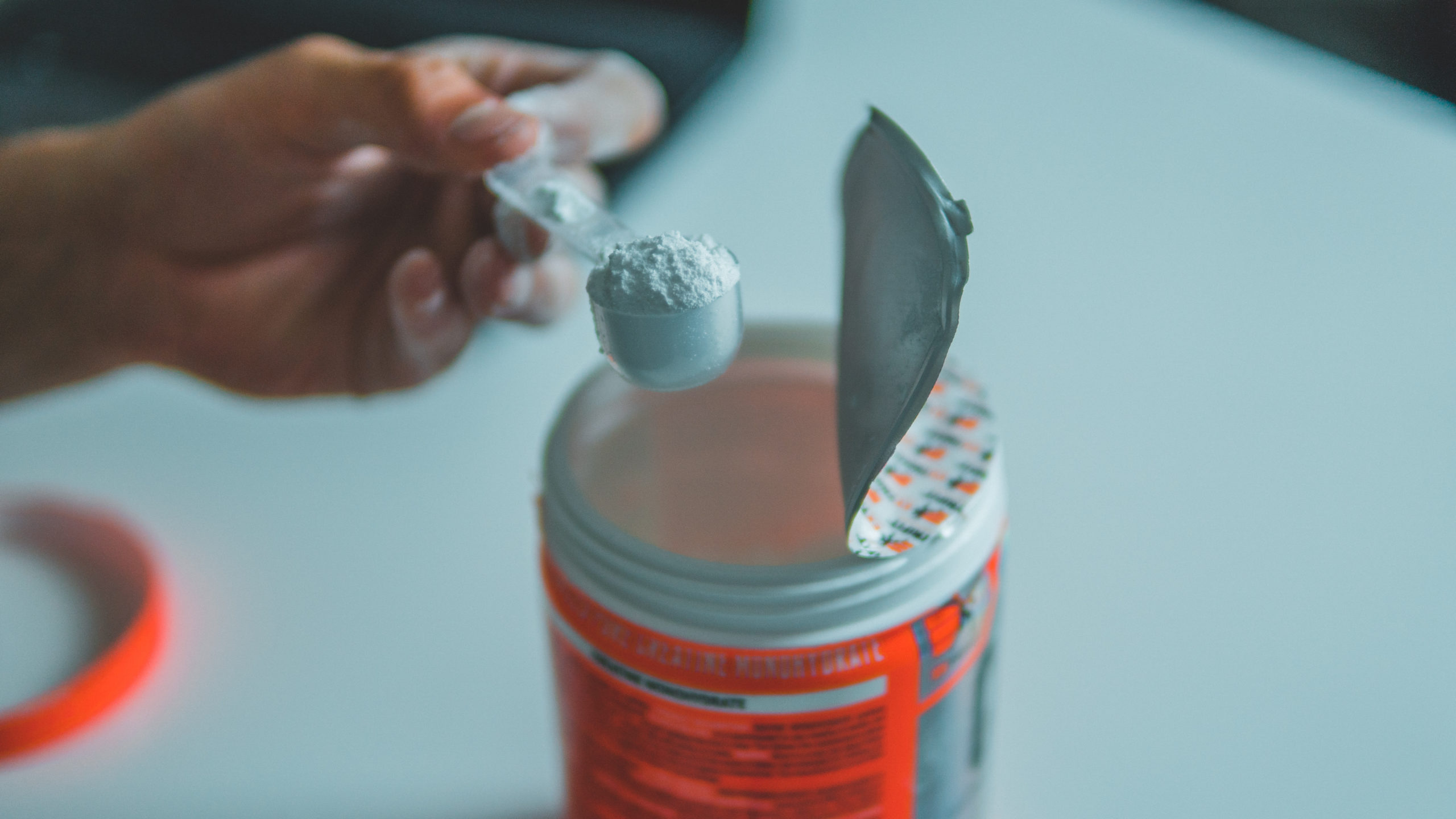
Top 6 Types of Creatine Reviewed
Introduction:
Creatine is a popular supplement used by athletes, bodybuilders, and fitness enthusiasts to enhance performance, increase muscle strength, and support muscle growth. With numerous types of creatine available on the market, it can be overwhelming to determine which one is the most suitable for your specific needs. In this comprehensive guide, we will review the top 6 types of creatine, discussing their benefits, drawbacks, and recommended usage. By understanding the differences between these creatine variations, you can make an informed decision to optimize your fitness goals.
Creatine Monohydrate:
Creatine monohydrate is the most researched and widely used form of creatine. It is composed of creatine molecules bonded to a water molecule. This type of creatine is highly effective in increasing muscle strength, power, and overall exercise performance. It is also the most cost-effective option, making it a popular choice for many individuals. However, some people may experience digestive discomfort or bloating when taking creatine monohydrate.
Micronized Creatine:
Micronized creatine is a form of creatine monohydrate that has undergone a process to break down the particles into smaller sizes. This improved solubility and absorption, resulting in better bioavailability compared to regular creatine monohydrate. The smaller particle size also reduces the likelihood of digestive discomfort, making it a more tolerable option for some users. Micronized creatine offers similar benefits as creatine monohydrate, including increased strength and power.
Creatine Ethyl Ester:
Creatine ethyl ester is a modified form of creatine monohydrate that has been attached to an ethyl ester molecule. This alteration aims to enhance its absorption and utilization within the body. However, research on the effectiveness of creatine ethyl ester is limited and conflicting. Some studies suggest that it may be less effective than creatine monohydrate in improving performance and muscle strength. Due to these uncertainties, creatine ethyl ester is not as widely used or recommended as other forms of creatine.
Buffered Creatine (Kre-Alkalyn):
Buffered creatine, commonly known as Kre-Alkalyn, is a pH-buffered form of creatine monohydrate. It is claimed to have better stability and reduced conversion to creatinine, a waste product, in acidic environments. This theoretically allows for smaller doses and potentially reduces digestive issues. However, there is limited scientific evidence supporting the superiority of buffered creatine over regular creatine monohydrate. Further research is needed to confirm its effectiveness.
Creatine HCL:
Creatine hydrochloride (HCL) is another form of creatine that claims to improve solubility and absorption. It is believed to be more concentrated than creatine monohydrate, requiring smaller serving sizes. However, there is currently limited scientific research comparing the effectiveness of creatine HCL to other forms of creatine. While some users report good results with creatine HCL, more studies are necessary to validate its benefits and determine its superiority over traditional creatine forms.
Creatine Nitrate:
Creatine nitrate is a combination of creatine and nitrate molecules. Nitrate has been suggested to enhance vasodilation and improve blood flow, potentially increasing nutrient delivery to muscles. However, there is limited scientific evidence specifically examining the benefits of creatine nitrate. More research is required to determine its effectiveness and compare it to other established forms of creatine.
Conclusion:
Choosing the right type of creatine supplement can greatly impact your fitness journey. Creatine monohydrate and micronized creatine remain the most well-researched and reliable forms, providing numerous benefits for muscle strength and performance. Other forms like creatine ethyl ester, buffered creatine, creatine HCL, and creatine nitrate show promise but require further investigation to establish their efficacy. It is important to consult with a healthcare professional or a certified sports nutritionist to determine the most suitable creatine supplement for your specific needs and goals. Remember to follow recommended dosages and stay consistent with your training and nutrition to maximize the benefits of creatine supplementation.
- In-Depth Review of the Top CBD Products for Dogs By The Veritas Farms - September 11, 2024
- Where Can I Buy PHC Products - July 21, 2023
- Top 6 Types of Creatine Reviewed - July 14, 2023

